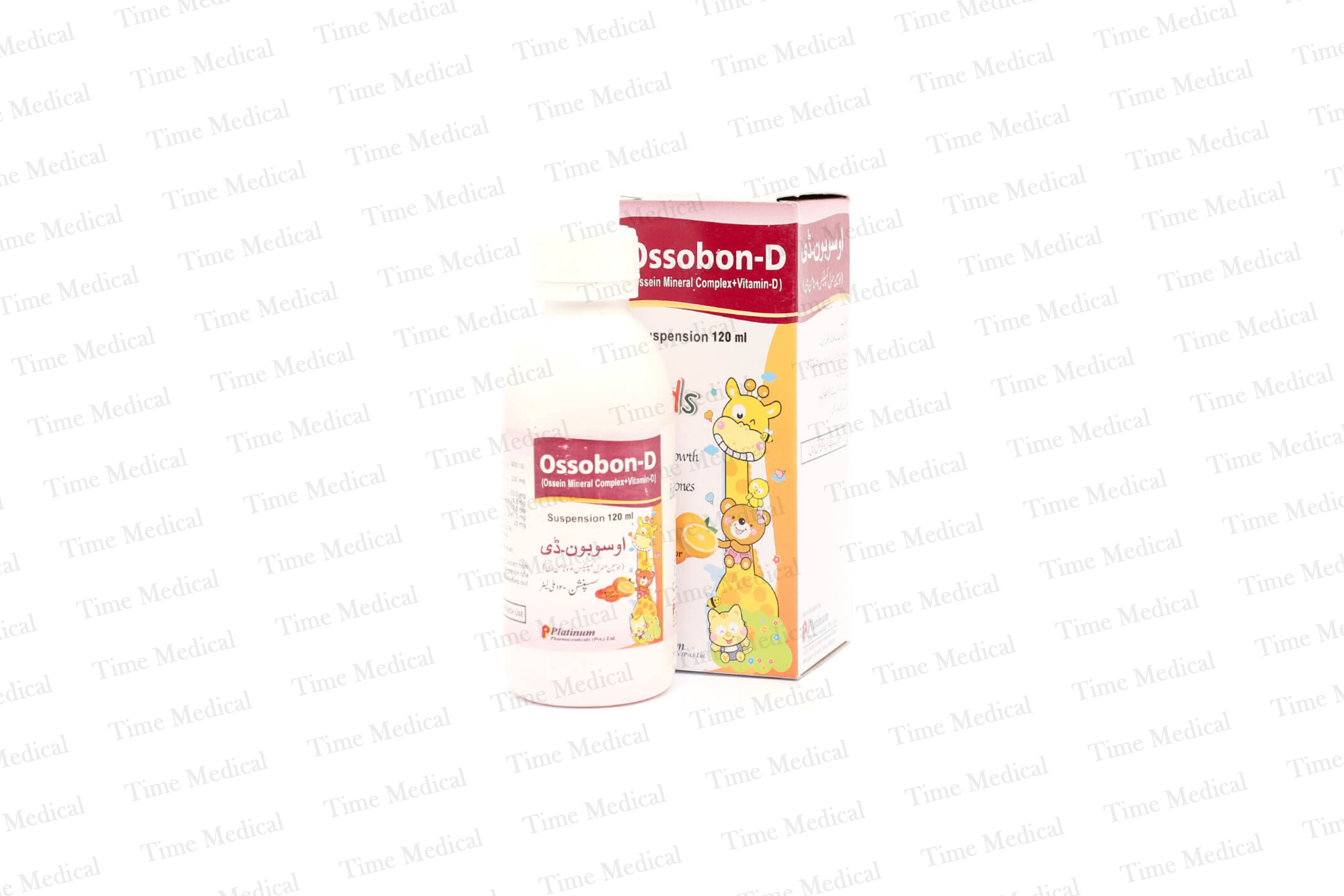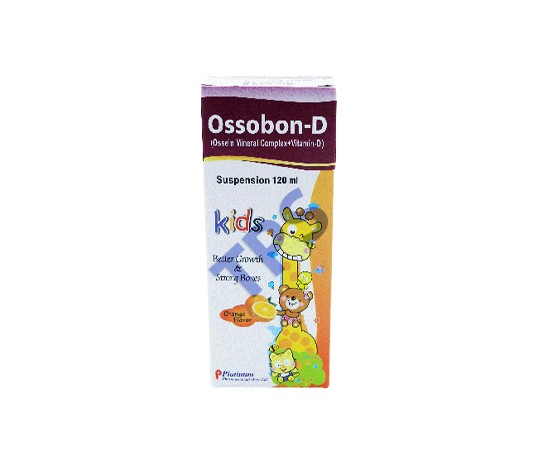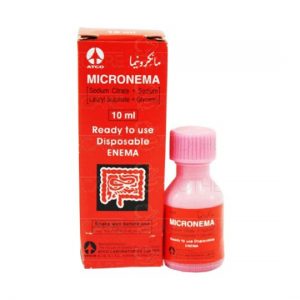Description
Overview
Ossobon-D is a mineral. Ossobon-D is essential dietary element, constant it level being essential for the maintenance of the normal heart beat. It plays an important role in multiple phases of blood coagulation and in many enzymatic processes. Ossobon-D is required for the development and maintenance of healthy bones and teeth, for normal functioning of nerves, cells and muscles. its supplements are used to ensure proper intake of it during bone development in childhood, during pregnancy and breastfeeding. It prevents development of osteoporosis (bone thinning)
Indications
Ossobon-D is primarily indicated in conditions like Acute hypocalcaemia, Hyperphosphataemia, Hypocalcaemia, Hypoparathyroidism In hypocalcaemic tetany Osteoporosis prophylaxis, Osteoporosis, the actual dietary intake less than the RDA and can also be given in adjunctive therapy as an alternative drug of choice in Blood Pressure, Cardiopulmonary resuscitation, Hypertension, Premenstrual syndrome, Severe hyperkalaemia, Severe hypermagnesaemia
Side Effects
The severe or irreversible adverse effects of Ossobon-D, which give rise to further complications include Hypotension, Hypotension, Sinus bradycardia Ossobon-D produces potentially life-threatening effects which include Cardiac arrhythmia Cardiac Arrest, Cardiac arrest, which are responsible for the discontinuation of Ossobon-D therapy. The symptomatic adverse reactions produced by Ossobon-D are more or less tolerable and if they become severe, they can be treated symptomatically these include Thirst, Headache, Nausea, vomiting. Anorexia, Constipation, Abdominal pain, Dry mouth, Confusion, Syncope, Hypophosphatemia, Gl irritation, Hypercalcemia, Dry mouth, Confusion
Warnings
Ossobon-D salts should be used with caution in patients with impaired renal function, pre-existing arrhythmias, dehydration, diarrhoea, malabsorption or diseases associated with elevated vitamin D concentrations such as sarcoidosis. Solution of Ossobon-D salts are irritant and care should be taken to prevent extravasation during intravenous injection. Generally Ossobon-D salts should be avoided in patients with Ossobon-D renal calcull. Plasma-Ossobon-D concentrations should be monitored closely in patients with renal insufficiency and during parentral administration and if large doses of vitamin D are used
High Risk Groups
Drug should not be given to Pregnant Mothers, and Neonates. If prescribing authority justifies the benefits of the drug against the possible damages he/she should reevaluate them and consult the reference material and previous studies







Reviews
There are no reviews yet.